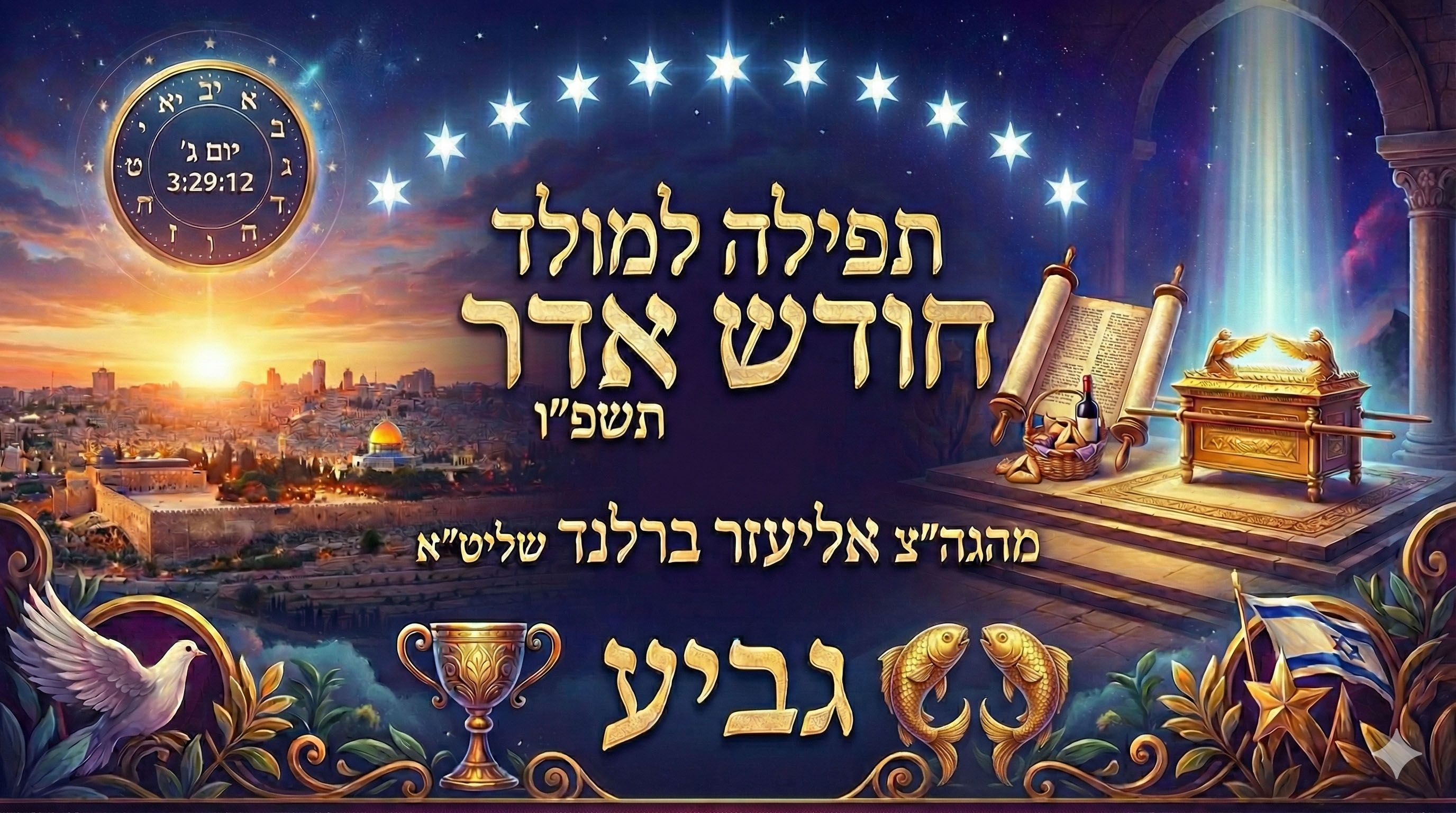Tehillim 119:10 bechol libi derashticha al tashgeni mimitzvoteicha
With my whole heart have I sought You; O let me not stray from Your commandments.
"With my whole heart have I sought You" through prayer. So
"let me not stray from Your commandments." Remove from me the obstacles that can prevent me from observing the commandments.
King David perceives himself as one who tries to be careful about the Torah's commandments, but knows that he is far from perfect and that a terrible danger of failure lies in wait.
This accords with the teachings of our Sages that when one comes to be purified, he is helped to remove the obstacles in his way.
Having said,
"Happy are they who keep His testimonies, who seek Him with the whole heart" (v119:2), King David says about himself,
"With my whole heart have I sought You."
King David posed the question,
"How shall a youth keep his path pure?" How shall he remove all obstacles from his path? He answered,
"By observing Your word" (v119:9). Let him observe the commandments as I have endeavored to observe them. For as the present verse makes clear,
"With my whole heart have I sought You." I did not seek You halfheartedly. My sole concern was for the sake of Heaven, and not for my own honor. Therefore, I plead,
"Let me not stray from Your commandments." Do not let me err in their performance, but help me to understand and to keep them properly. Similarly, King Shlomo pleaded,
"Give therefore Your servant an understanding heart" (Melachim Alef 3:9).
The Midrash says: The heart of the righteous brings them into Gan Eden, and the heart of the wicked casts them down to Hell. Thus the Scripture says,
"Behold, My servants will eat, but you will be hungry; behold, My servants will drink, but you will be thirsty; behold, My servants will rejoice, but you will be ashamed; behold, My servants will sing for joy of heart, but you will cry for sorrow of heart, and will howl for vexation of spirit" (Yeshayahu 65:13, 14). Similarly, David says to Shlomo,
"And you, Shlomo my son, know and serve Him with a perfect heart and with a willing mind; HaShem searches all hearts" (Divrei HaYamim Alef 28:9)
"With my whole heart have I sought You." I longed to know the secrets of the Torah and its reasons. Accordingly, I beseech You,
"Let me not stray from Your commandments." Let me not be as one who gazes upon what is hidden, and is stricken.
"With my whole heart have I sought You; O let me not stray from Your commandments." It is the way of someone who acts in haste that he will err at times. I beseech You, therefore: Let no my immense longing for the Torah cause me to fall into error and stumbling.
Tehillim 119:9
Tehillim 119:8
Tehillim 119:7
Tehillim 119:6
Tehillim 119:5
Tehillim 119:4
Tehillim 119:3
Tehillim 119:2
Tehillim 119:1
MeAm Lo'ez
Chazal























